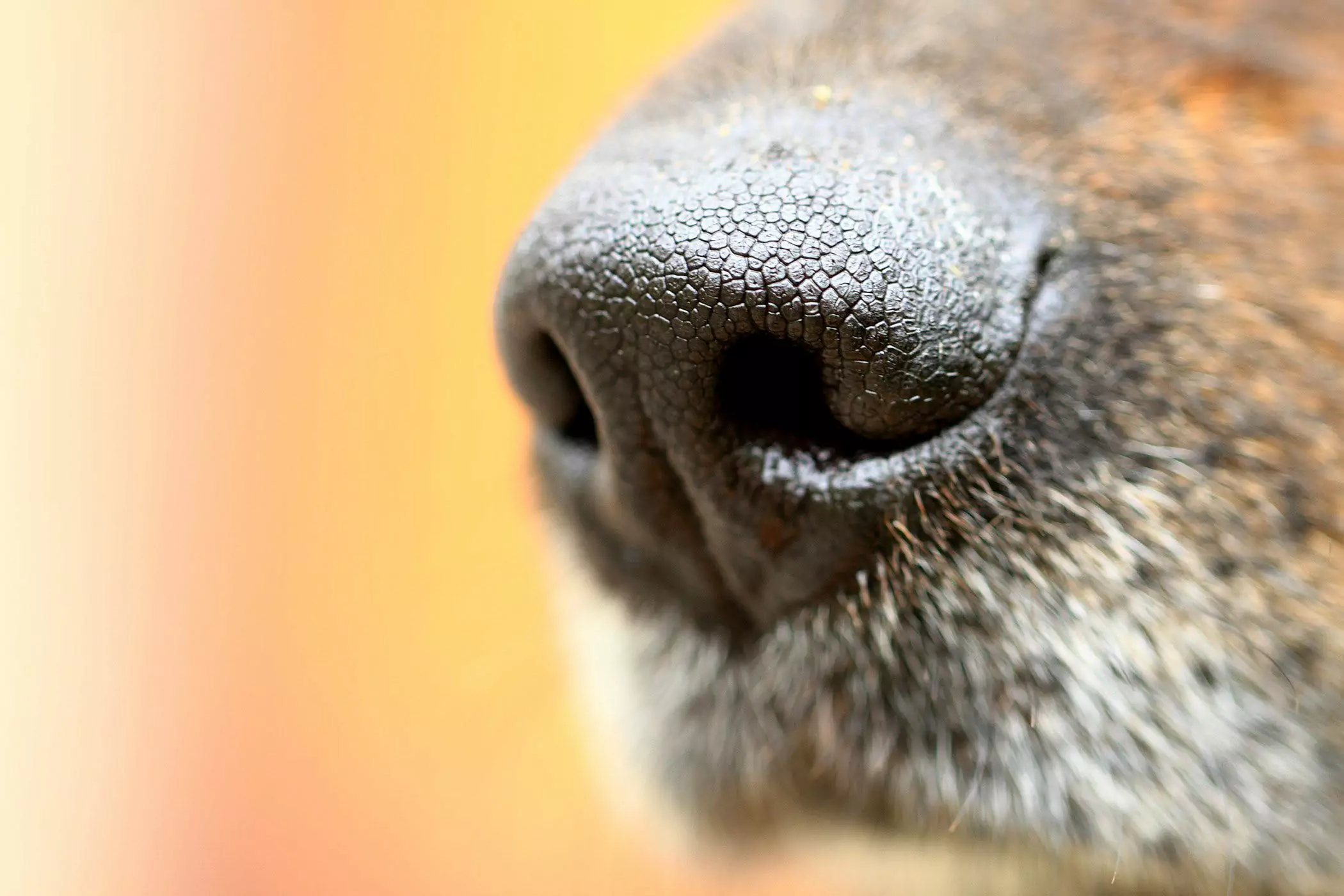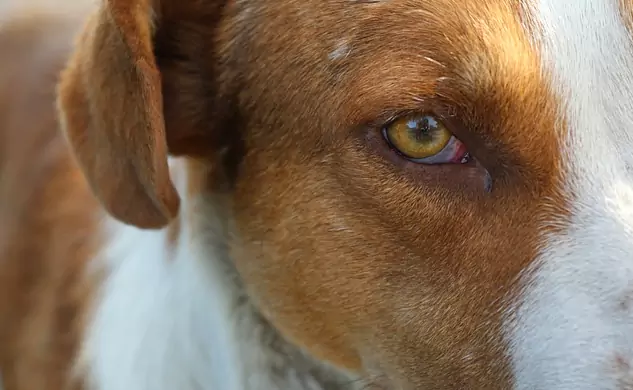Can dogs eat hairy beans? The benefits of beans for dogs
2022-07-08
String beans are often served as a side dish at the dinner table, and many people like to meet up with friends to have a few drinks over string beans at home. Perhaps your dog will look at you with bated breath and want to have a few bites. Should you give it a bite at this time? The answer is no. It's not the beans themselves that are the problem, it's the way they are cooked that is the problem.
Can dogs eat beans?
The beans themselves are non-toxic to dogs and can be eaten safely. It's just that many of the beans on the market are processed and pickled, and pickled foods are higher in salt, so they are not suitable for dogs when used as a side dish. Natural hairy beans have less than half the calories of soybeans and higher nutritional value than soybeans, making them an ideal green food.
I. Benefits of hairy beans for dogs
Vitamin K
Soybeans are rich in vitamin K. Vitamin K is an important component in the formation and strengthening of bones, and a deficiency in vitamin K in dogs can lead to bone dysplasia and conditions such as osteoporosis. In addition, vitamin K helps regulate the synthesis of clotting proteins to coagulate blood, allowing for faster stopping of bleeding in the event of injury.
Vitamin C
Although vitamin C is not found in soybeans, hairy beans are rich in vitamin C. The vitamin has antioxidant properties that are essential to maintaining good health. Although dogs produce vitamin C in their bodies, the amount produced varies depending on their health and age, so it is important to get it from outside sources. One ideal food to get vitamin C from is snap peas.
Beta carotene
Beta carotene is a component that activates immune cells and is expected to prevent diseases related to the dog's lifestyle. In addition, beta-carotene can be converted into vitamin A in the dog's body, which is a significant antioxidant that can effectively prevent aging and reduce the risk of cancer in dogs.
Protein
Protein is an important nutrient that makes up muscle, bone, and skin. For a healthy dog, a protein-based diet is the most nutritious and the most ideal diet. The vegetable proteins contained in hairy beans are also good for your dog's body.
Iron
The beans are rich in iron. Iron plays an important role in oxygen transport and is also important for liver detoxification.
The following is the nutritional content of a serving of cooked beans (about 100 grams).
Calories: 121
Protein: 12 grams
Fat: 5.2 g
Carbohydrates: 8.9 g
Sugar: 2.2 g
Fiber: 5.2 g
Water: 73 g
Rich in protein
100 grams of beans already contain 12 grams of protein, which is very high for a portion of plant food. Protein is the most important thing for your dog's body, so beans as a snack can increase protein intake for your dog.
Note that because the protein in soy is plant-based, the biological value is not as good as animal products, and the absorption rate for dogs is a little lower.
No Soy Impact on Humans
I think we've all heard that soy or soy-based foods seem to harm humans. The good news is that soy protein does not seem to affect the body of dogs. Research indicates that soy protein is in the dog's body just like animal protein and does not negatively affect the glomerular filtration rate.
Rich in a variety of nutrients
Soy is a concentration of nutrients, most notably folic acid, manganese, and vitamin K1, which are useful for dogs as follows.
Vitamin B9, also known as folic acid, is a major factor in assisting amino acid metabolism and also ensures cell membrane integrity. Studies have pointed out that pregnant dog mothers who are deficient in small vitamin B9 may be born with cleft lips and palates.
Vitamin K (leaf quinone) - is mainly important for blood clotting and maintaining bone health. Deficiency of K1 may cause internal bleeding due to hemorrhage and may lead to death if left untreated for a long time.
Manganese - essential for normal metabolic functions
Maintains good endocrine function
Since soybeans are soy-based, they are rich in isoflavones, which are natural plant compounds. They act like phytoestrogens, attaching to and activating hormones in the body.
Dog studies suggest that isoflavones may benefit endocrine function in dogs, and other animal studies suggest that isoflavones may help prevent certain types of cancer and overweight problems.
Lower chance of developing diabetes
In various in vitro and animal studies, isoflavones found in soy-based foods are beneficial for blood sugar control, thereby reducing the risk of diabetes.

II. Bad effects of hairy beans for dogs
While there are various benefits to dogs eating hairy beans, there are also disadvantages to keep an eye on.
The problem of the abdominal rise
The beans are legumes, and for some dogs with average intestines, they can easily cause abdominal problems. This may be related to the high fiber of beans, so the number of beans eaten should not be too much.
Causes allergies
Soy foods such as beans have a relatively high chance of causing allergic reactions. Studies have pointed out that soy foods are second only to
The most likely food to cause an allergic reaction to your dog's skin is barley.
Cautions for feeding hairy beans to dogs
As mentioned at the beginning of the "Can Dogs Eat Soybeans" section, there are some things to keep in mind.
The pods and skin of the beans
Humans will not eat the outer layer of the beans because they are too hard to digest. So be sure to take away the pods and skins when you give your dog beans.
Raw hairy beans
The side effect of trypsin inhibitors found in raw hairy beans is that they inhibit the operation of digestive enzymes, without which the dog's body cannot metabolize food properly, leading to diarrhea.
Guidelines and portion sizes for hairy beans for dogs
I'm not a big fan of beans, but I generally eat about 3-5% of my main diet each time (about 10 beans), and my stomach may start to hurt if I eat more than that. My favorite way to eat them is "peanut butter bean balls".
Peel the beans and take out only the beans inside
Boil them thoroughly in water and make sure they are soft.
Despite the nutritional benefits of beans, owners should be careful not to feed their dogs too much. In particular, the content of potassium and magnesium in hairy beans is relatively high, and overuse can easily cause hyperkalemia and stones in dogs. A dog weighing 5 kg, for example, should consume about 14 to 20 capsules a day, and a 10 kg dog should preferably not exceed 30 capsules a day.
Also, because the pods and skins are not easily digestible, be sure to peel the skins and pods before giving them to your dog. In addition, hairy beans must be thoroughly cooked. Raw hairy beans contain a substance called a trypsin inhibitor that can inhibit the action of digestive enzymes and cause diarrhea in dogs. If your dog is allergic to the protein, then it is also best to make sure you feed him hairy beans. After all, hairy beans are immature soybeans and may cause allergies when eaten.
In short, as long as you get the right handling and the right amount, there are still a lot of benefits for dogs to eating hairy beans. And hairy beans are also relatively easy to handle, owners at home may wish to give their dogs try?
Was this article helpful to you?
Other links in this article
Comments
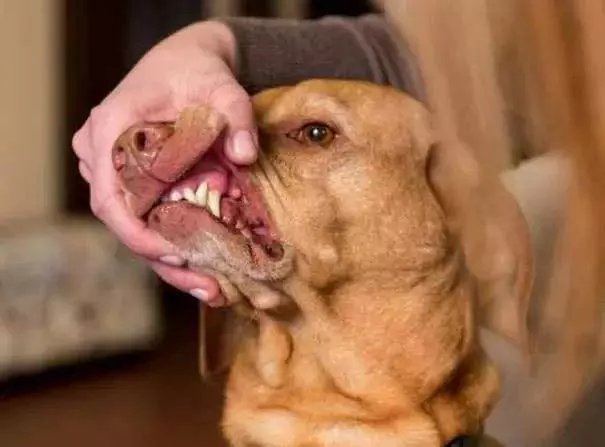
Is a dog's mouth cleaner than a human's? Dogs' mouths need regular cleaning
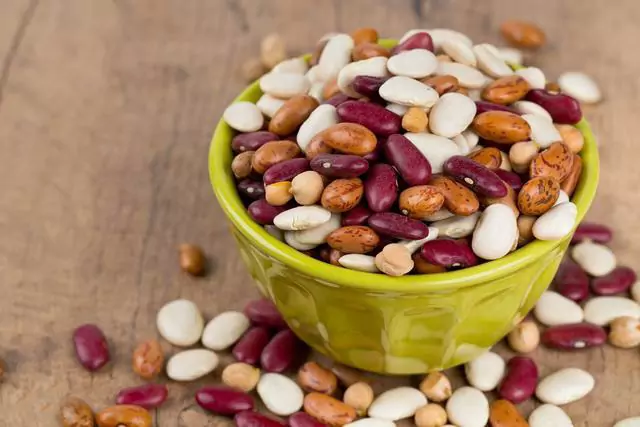
Can dogs eat beans? Do dogs eat beans for health?

Can dogs eat lemons? Fruits that dogs should not eat more of

Do dogs have nightmares? Are dogs' dreams similar to humans'?
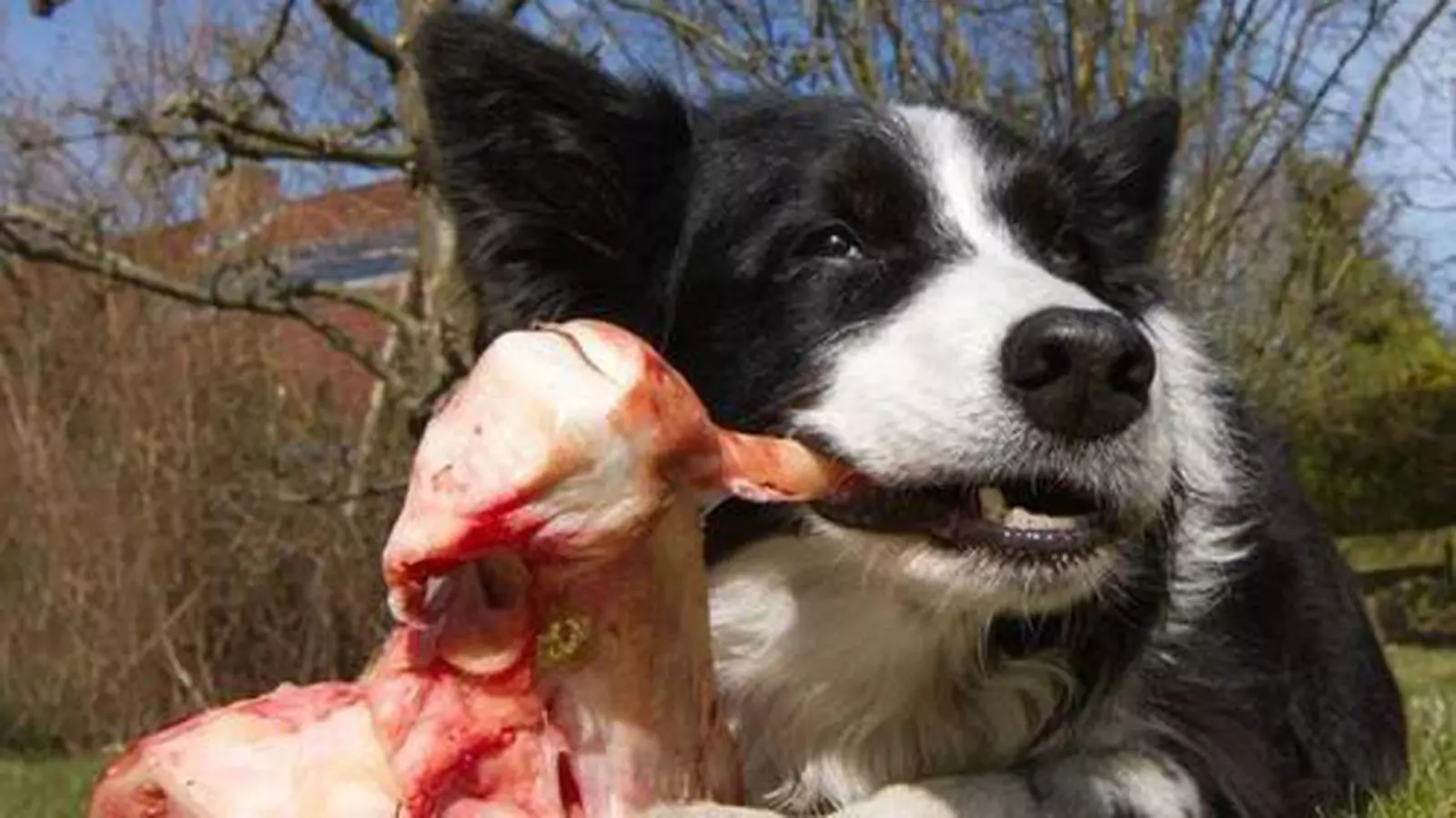
Can dogs eat raw beef? The benefits and drawbacks of beef for dogs
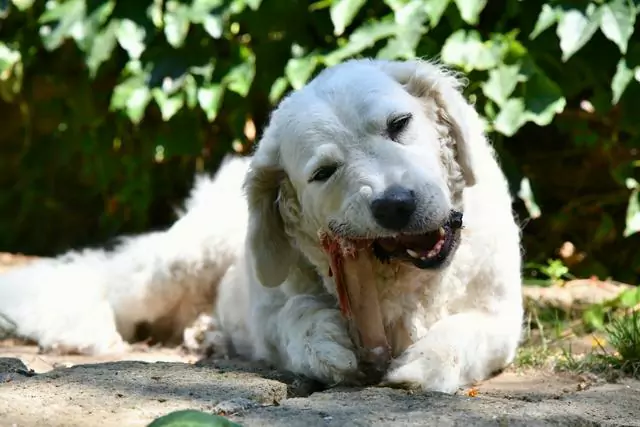
Is raw meat good for dogs? Can dogs eat raw chicken?

Can dogs eat pomegranates?

Can dogs eat ham?Can all types of ham hocks be eaten?

How to give a dog a bath

Can dogs eat kimchi?







